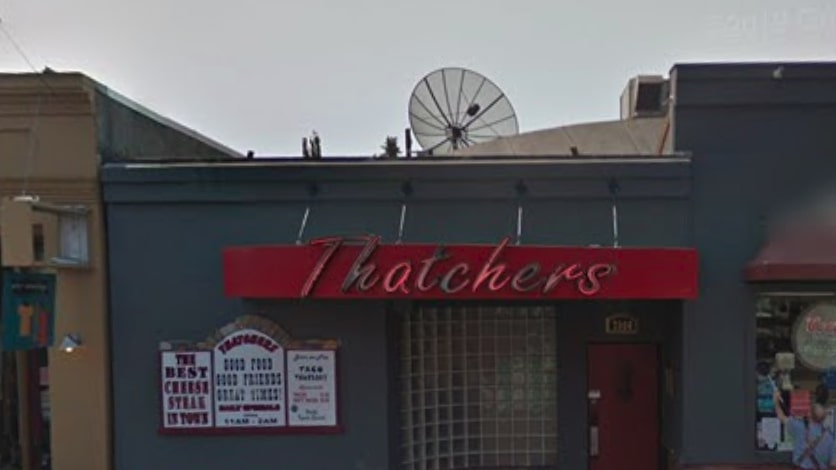Krystal Menefee has filed a lawsuit against Thatcher’s Restaurant and Lounge in Portland, Oregon, claiming an employee racially discriminated against her and her family.
She isn’t seeking money in her lawsuit, though, she says she wants to highlight the prevalence of issues related to “shopping while Black.”
OregonLive reports that Menefee visited the restaurant with her family on August 23 to celebrate the life of her uncle who had recently died. All seemed OK until Menefee and her family decided to pay for music on a jukebox.
According to the lawsuit, that’s when a female bartender turned off the music and told the family to “knock it off.” The family then asked the bartender to turn the music back on, when the employee responded they were “making people uncomfortable.”
“We asked this couple nearby if we were bothering them, and they said no,” Menefee said.
The bartender did eventually turn the music back on but later turned it off again and told the family to leave.
“She says, ‘You’re not welcome here. You need to leave,’” Menefee said during an interview.
Besides Menefee’s family, all of the other people in the restaurant, including the bartender, were white, according to Oregon Live.
Menefee later posted about the incident on Facebook, garnering attention from other people who said they had similar experiences of racial profiling at Thatcher’s.
Menefee also told the local newspaper she regularly visits the restaurant with her white coworkers with zero issues, but this time she felt as though her family was singled out.
There is a slew of “shopping while Black” cases that have made the news in the past couple years, including recent cases at Kroger, and others at T-Mobile, as Blavity previously reported.
“I think it’s so normalized — people become desensitized to being treated badly,” Menefee said. “Someone will follow you at the store, or people will put your money down on the counter but put it into someone else’s hand.”
That’s why she wants to draw attention to the incident cited in her lawsuit.
“I feel like people are very comfortable with treating Black people like this,” Menefee said. “I want them to know it’s not OK — we’re here, we’re visible. Don’t negate us.”
